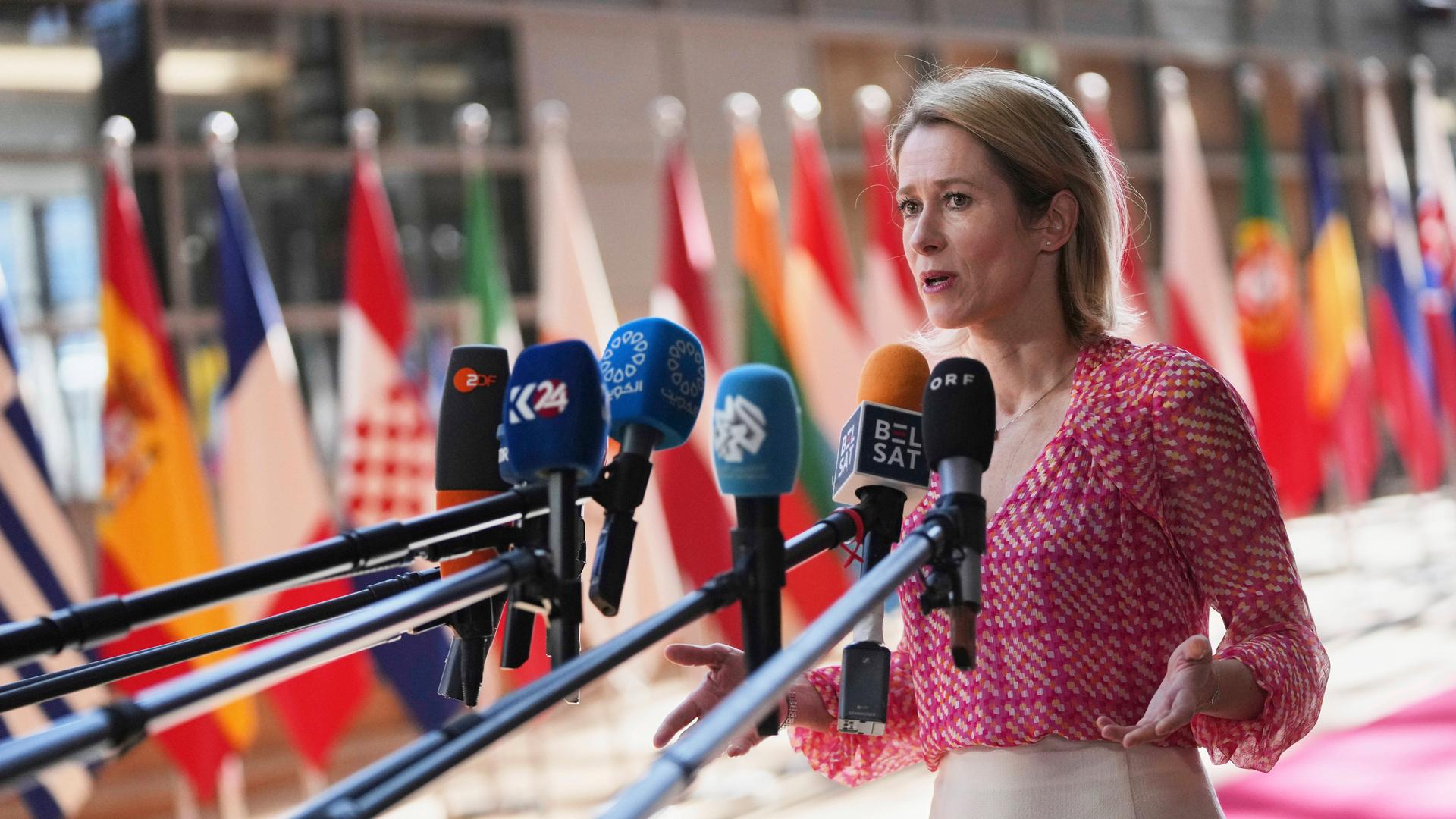ALWAGHT- The European Union has formally started reassessing its political and economic ties with Israel due to the ongoing conflict in Gaza and the heavy restrictions on humanitarian aid.
At a high-level meeting in Brussels, EU foreign ministers discussed the escalating crisis in Gaza. European Commission chief Kaja Kallas announced that the EU would begin reviewing the “Association Agreement” that governs its relationship with Israel. Despite some humanitarian aid entering Gaza after weeks of blockade, Kallas described the aid flow as “a drop in the ocean,” emphasizing that European funds must reach the people in need amid the intensified Israeli military assaults.
The ongoing offensive has devastated Gaza, especially in the south around Rafah, forcing tens of thousands to flee and leaving vital infrastructure and health systems near collapse. The United Nations estimates that around 500 aid trucks are needed daily, but only about 100 were allowed entry recently. Several EU member states, including Spain, Ireland, Belgium, and France, have condemned the violence and called for sanctions, with Spain even halting arms sales to Israel. Other Western leaders have jointly criticized the aid restrictions as disproportionate and hinted at potential further actions.
Despite these moves, the EU remains divided, with countries like Germany, Austria, Hungary, and the Czech Republic maintaining strong support for Israel citing security and historical ties. Analysts warn that this internal division has led to a political stalemate, enabling continued Israeli impunity. Critics argue the EU’s inconsistent application of international law has shielded Israel from full accountability, leaving the bloc struggling to adopt a unified and effective stance.



























